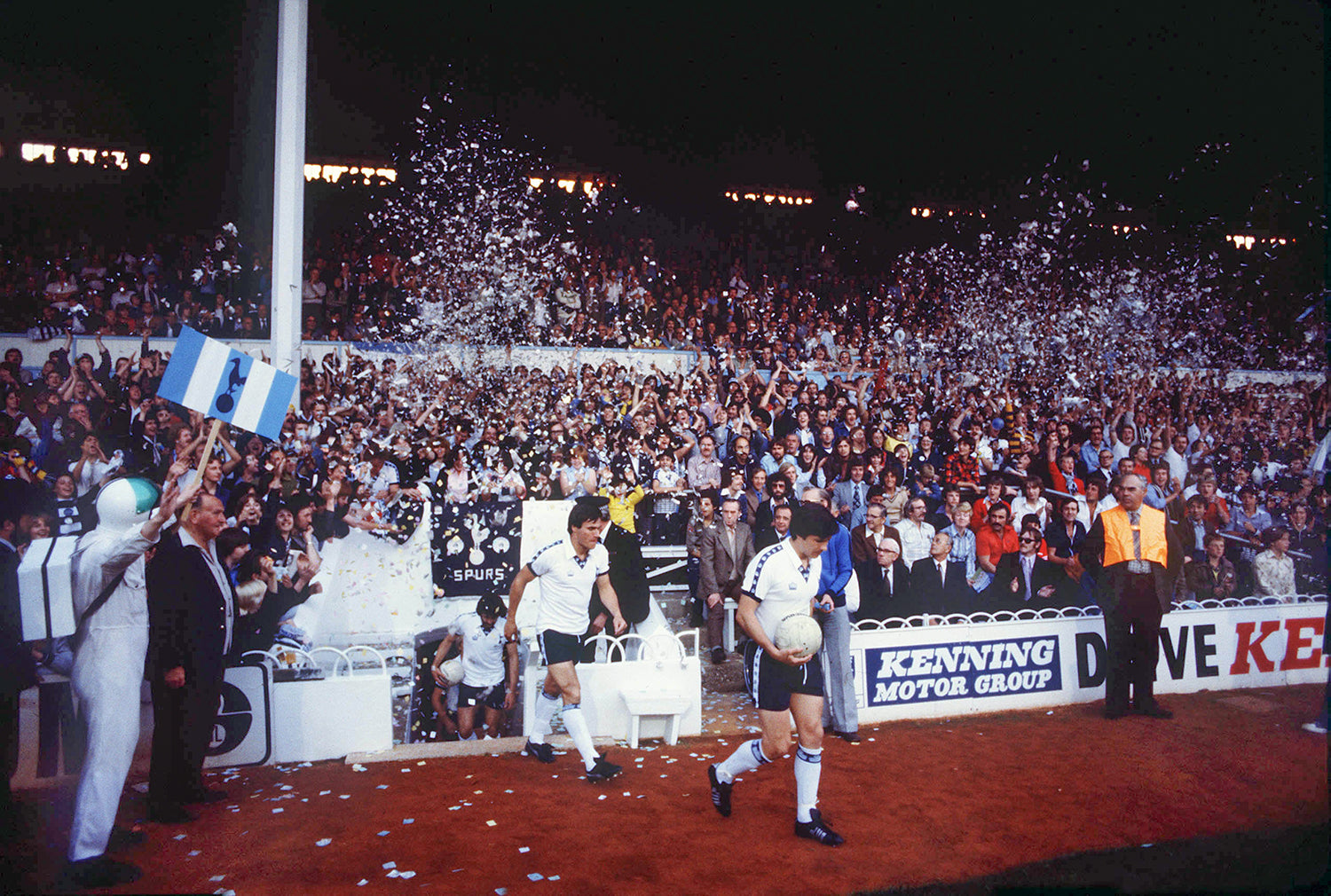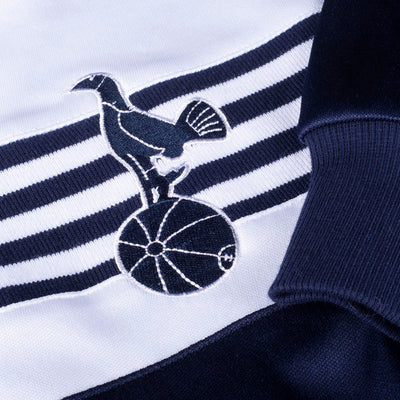Ossie Ardiles and Ricky Villa: Pioneers of a Football Revolution
It’s hard to envisage the Premier League with no foreign players, given the rich skills and cultural diversity these players have injected into English football. However, this was the reality of the First Division in the early 1970s, as a law restricted eligibility to only British-born footballers or players who’d been living in Britain for at least two years. The landscape changed in 1978 with a new ruling, leading to an initial wave of foreign players joining the ranks, notably at newly promoted Spurs, sporting the iconic Admiral kit.

Prior to 1978, English football operated under strict regulations that prohibited the influx of foreign players. This policy limited clubs' abilities to recruit talent from abroad unless they had been living in Britain for more than two years, which effectively ruled out any transfers between overseas clubs. However, as the footballing world evolved and international competitions showcased the prowess of players from diverse backgrounds, pressure mounted to reconsider these restrictions. With the evolving landscape the ban was lifted on foreign players midway through the 1977-78 season, opening the doors for clubs to tap into a global talent pool.
The 1978 World Cup sparked global fascination in foreign players with their talents being exhibited to audiences worldwide via television broadcasts. On the grandest stage of football, the revised regulations promoted clubs to scout talent that could bolster their squads. As the tournament unfolded, culminating in Argentina's triumph, a corresponding ban was lifted in Argentina, allowing players the freedom to pursue opportunities beyond their borders. It was against this backdrop of newfound freedom that Osvaldo Ardiles and Ricky Villa seized the opportunity to ply their trade in England.
Osvaldo Ardiles and Ricky Villa arrived in England amidst a wave of curiosity and excitement with the World Cup winners signing for newly promoted Tottenham Hotspur, managed by the legendary Keith Burkinshaw. Ardiles, a graceful midfielder known for his vision and precise passing, and Villa, a dynamic winger with a natural ability for dribbling and the stereotypical Argentine flair. Their arrival not only bolstered the squad but also injected a sense of vibrancy and creativity into the team's playing style.

The 1978-79 season marked Ardiles and Villa's debut campaign, which was faced with initial scepticism and concerns about their ability to adapt to the physicality of the English game. Their inability to speak English compounded these concerns, seen as a potential recipe for disaster. These apprehensions were exacerbated when the new signings received a ticker-tape reception at White Hart Lane in their debut game, a game in which they suffered a 4-1 loss against Aston Villa, with Ricky Villa not touching the ball.
This slow start soon gave way to success as both players flourished in England's top division, crediting their form and swift acclimatisation to each other. Ardiles later remarked, "If we hadn't gone together, both Ricky and I would have faced an even tougher adaptation. That's why we were always together." Ardiles, in particular, orchestrated Tottenham's midfield with elegance and poise, earning plaudits for his ability to dictate the tempo of the game. Meanwhile, Villa's electrifying runs and skill set left defenders in his wake, delighting fans and striking fear into opposing teams.

The defining moment of Ardiles and Villa's tenure at Tottenham came in the 1981 FA Cup final against Manchester City. In a memorable Wembley showdown, Villa scored a sublime solo goal, evading multiple challenges before slotting the ball past the goalkeeper. Ardiles, meanwhile, played a pivotal role in midfield, pulling the strings as Tottenham secured a 3-2 victory to lift the FA Cup. The triumph at Wembley cemented Ardiles and Villa's place in Tottenham's history books and created a bond with the fans that lasts to this day.
This period of success and the relationship they built with the club and fans validated their decision to venture into English football and paved the way for future generations of foreign players to follow in their footsteps.









